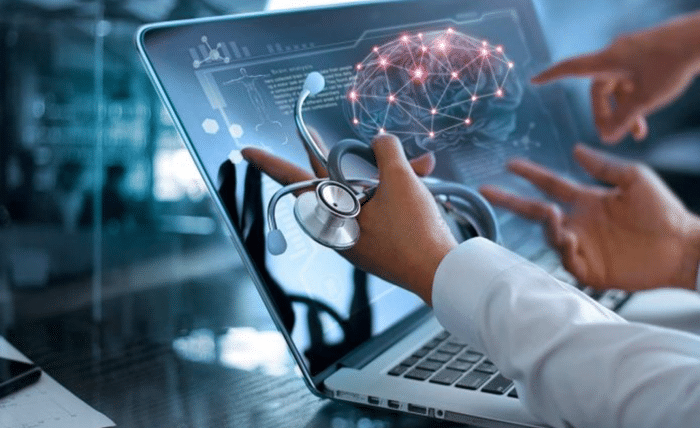The healthcare industry is rapidly evolving, and technology is playing a pivotal role in streamlining processes and improving patient outcomes. Among the most significant advancements is the development and implementation of medical software, a tool that has transformed everything from patient record management to operational efficiency.
The Evolution of Medical Software
Medical software has come a long way from its humble beginnings focused on basic record-keeping. Decades ago, healthcare institutions depended on manual systems for maintaining patient records and other administrative tasks. Today, medical software, including EMR systems, has evolved into highly sophisticated systems that support a wide range of functions. From electronic health records (EHRs) and telemedicine platforms to AI-powered diagnostics and operational analytics, the scope of medical software has expanded to meet the industry’s complex demands.
These solutions are no longer optional; they have become integral to the functionality, efficiency, and modernization of the healthcare industry.
Benefits of Using Medical Software
For Patients
- Improved Access to Care: Telemedicine platforms make consultations possible from virtually anywhere, bridging gaps in access to care for rural or underserved patients.
- Enhanced Safety: Medical software helps reduce errors in diagnosis and treatment by storing accurate patient data and generating alerts for potential drug interactions or allergies.
- Personalized Treatment Plans: AI-enabled software analyzes patient data to help doctors create bespoke treatment plans tailored to an individual’s needs.
For Healthcare Providers
- Streamlined Workflows: Automated systems simplify day-to-day administrative tasks, allowing providers to focus more on patient care.
- Accurate Decision-Making: Tools like clinical decision support systems (CDSS) provide valuable insights by analyzing patient data, improving diagnosis accuracy.
- Collaboration and Coordination: Digital platforms enable seamless communication among multidisciplinary teams, fostering better coordination.
For Administrators
- Operational Efficiency: Scheduling tools manage patient appointments and staff allocation efficiently, reducing wait times and resource wastage.
- Data Analytics: Medical software provides insights into hospital performance, patient demographics, and areas for improvement, enabling data-driven decisions.
- Regulatory Compliance: Automated reporting features help organizations stay compliant with healthcare regulations and standards.
Challenges and Future Trends
While medical software offers numerous benefits, there are challenges that healthcare institutions must address:
- Cost of Implementation: High initial investment and ongoing maintenance costs can be a barrier for smaller institutions.
- Privacy Concerns: Ensuring data security and compliance with regulations like HIPAA is critical to protecting patient records.
- User Adaptation: Some healthcare professionals may resist adopting new technologies due to a steep learning curve or fear of disruption.
Looking ahead, we can expect continuous advancements in the field, such as:
- Artificial Intelligence: Further integration of AI for predictive analytics, diagnostics, and administrative automation.
- Interoperability: Increasing efforts to ensure seamless data sharing across different medical software to foster collaboration.
- Blockchain Technology: Enhanced security and transparency in patient record management through blockchain solutions.
- Wearable Device Integration: Real-time health monitoring through wearables syncing with hospital software systems.
The Future of Medical Software
The integration of medical software into healthcare is not just a technological upgrade; it’s a revolutionary shift toward greater efficiency, accuracy, and accessibility. By addressing the current challenges and leveraging future trends, medical software has the potential to redefine how healthcare is delivered globally.
At its core, medical software symbolizes the human desire to innovate and improve lives. With its vast potential to simplify processes, empower healthcare professionals, and enhance patient experiences, the future of healthcare linked with medical software is not just promising—it’s transformational.
Conclusion
Now that we’ve explored the evolution, benefits, and future of medical software, it’s clear that this technology has a vital role in shaping the healthcare industry. As more organizations embrace these solutions, we can expect improved patient outcomes, streamlined processes, and overall advancement in healthcare delivery.

